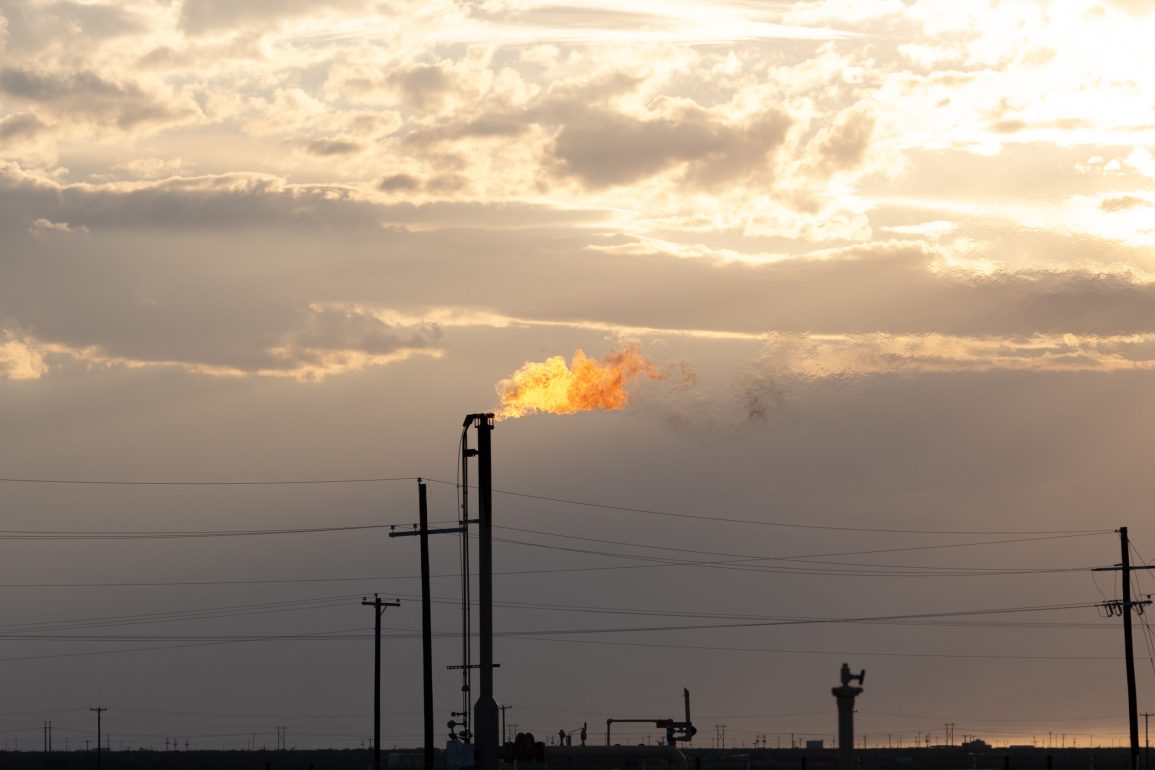Global methane emissions are increasing at the fastest rate in decades, necessitating immediate action to prevent further escalation of the climate crisis, according to a new study. The study, authored by over a dozen scientists and published in Frontiers in Science, highlights that methane emissions have been rising significantly since around 2006 and are responsible for half of the global heating experienced so far. Without intervention, methane emissions are expected to continue growing throughout the 2020s.
Despite the global focus on carbon dioxide (CO2) as the main driver of climate change, the study emphasizes the urgent need to address methane, which has 80 times the warming power of CO2 in the first 20 years after reaching the atmosphere.
Drew Shindell, a climate scientist at Duke University and lead author of the study, notes that the acceleration in methane emissions, especially over the past few years, complicates efforts to tackle human-induced global warming.
Methane emissions have been approximately 30 million tons higher each year in the 2020s compared to the previous decade, with record levels reported in 2021 and 2022.

The sources of this increase include the oil, gas, and coal industries, particularly due to the rise of fracking, as well as livestock emissions and rice production. Additionally, rising global temperatures are accelerating the decomposition of organic matter in wetlands, further contributing to methane emissions.
In response to the rising methane levels, the US and European Union launched the Global Methane Pledge in 2021, aiming for a 30% reduction in methane emissions by 2030.
Although 155 countries have joined the pledge, only 13% of emissions are covered by current policies, and just 2% of global climate finance is directed towards methane reduction. Shindell emphasizes the need for increased efforts and more comprehensive regulations, particularly in the oil and gas sectors and livestock management.
Methane’s shorter atmospheric lifespan compared to CO2 presents an opportunity for quicker climate benefits. Immediate cuts in methane emissions could see 90% of accumulated methane dissipate within 30 years, offering a swift way to mitigate global warming.
Shindell argues that reducing methane is crucial for immediate climate protection while reducing CO2 is essential for long-term stability. The study calls for coordinated efforts to address both gases and highlights recent initiatives, such as the White House summit on super-pollutants, as steps in the right direction.

